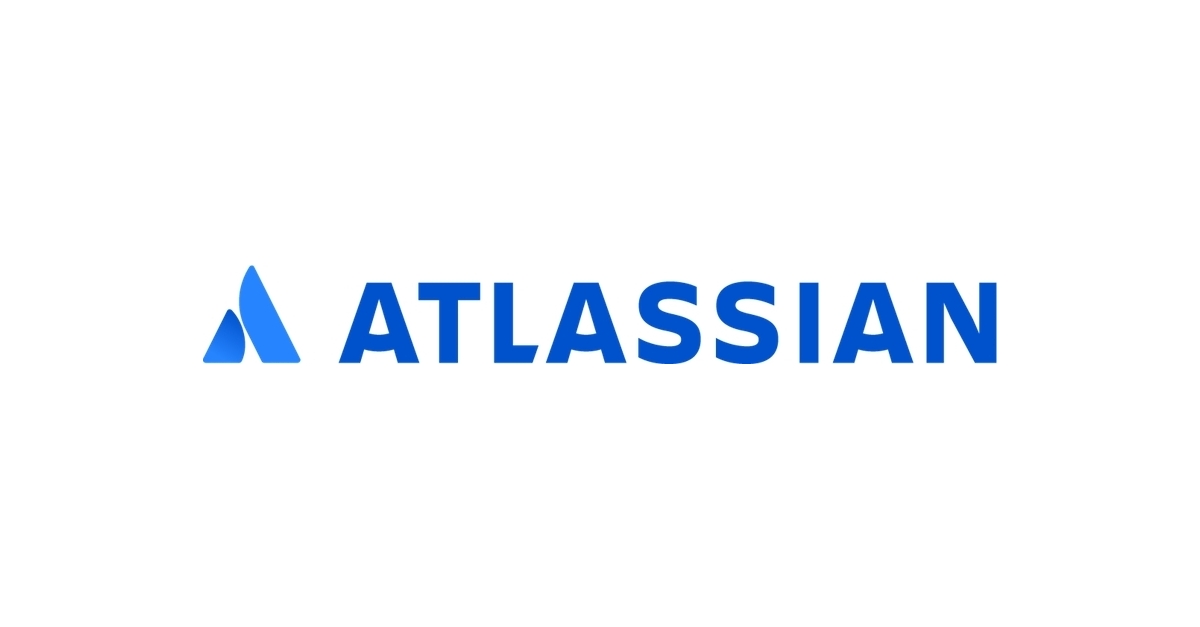Adobe’s $20 billion bid to acquire Figma has been called off as a result of regulatory challenges in Europe. The companies announced today that they have mutually agreed to terminate the acquisition plans due to the inability to secure necessary approvals from the European Commission and the U.K. Competition and Markets Authority.
Key Takeaway
Adobe and Figma have terminated their $20 billion acquisition deal due to the inability to obtain regulatory approvals from European authorities, marking the end of a significant consolidation attempt in the tech industry.
Regulatory Hurdles
The proposed acquisition, first revealed in September last year, faced regulatory scrutiny due to the significant size of the transaction and the impact it would have on the competitive landscape. While the U.S. Department of Justice (DoJ) had been monitoring the deal, it was the regulatory challenges in Europe that ultimately led to its termination.
European Concerns
The U.K. and the European Union expressed concerns that the acquisition would stifle innovation and limit competition in the market. Figma, identified as the “clear market leader” for interactive product design tools, was seen as an effective competitor to Adobe in the digital asset creation tools space. The regulatory authorities believed that the acquisition would hinder Figma’s ability to continue as a competitive force.
Failed Negotiations
Despite extensive efforts to demonstrate the differences between their products and businesses, Figma CEO Dylan Field acknowledged that they were unable to sway the regulators’ decision. Consequently, Adobe is obligated to pay Figma a termination fee of $1 billion, as stipulated in the acquisition agreement.

























